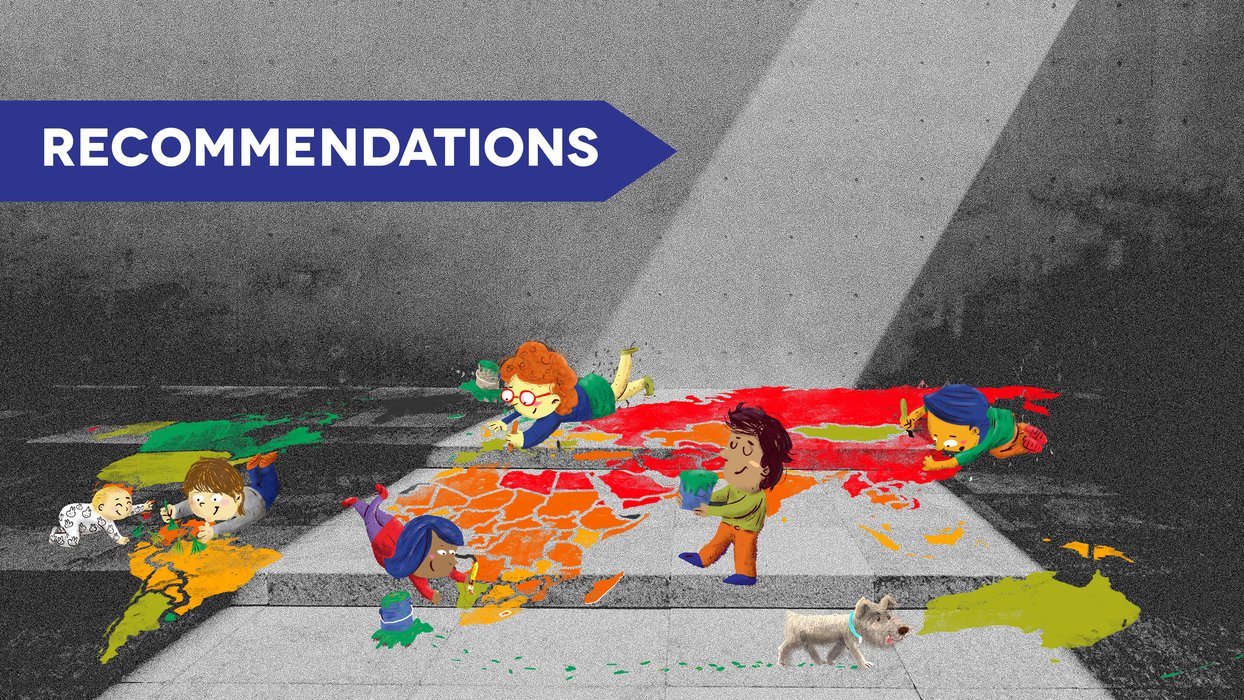Recommendations
To governments:
- Create an enabling environment for civil society activists and journalists to operate freely without fear of harassment, intimidation, attacks, or reprisals.
- Repeal any legislation that criminalises HRDs, protesters, journalists and members of excluded groups and ensure that adequate consultations are carried out with the public and civil society and that their input is taken into account before drafting laws that impact on civic space.
- Carry out independent, prompt and impartial investigations into all cases of attacks on and killings of HRDs and journalists and ensure those responsible are brought to justice.
- Explicitly recognise and reaffirm the work and legitimacy of HRDs and journalists and publicly support their work. Take measures to foster a safe, respectful and enabling environment for civil society and work with civil society to establish effective national protection mechanisms that respond to the needs of those at risk.
- Desist from using excessive force against peaceful protesters, stop pre-empting and preventing protests and adopt best practices on freedom of peaceful assembly, ensuring that any restrictions on assemblies comply with international human rights standards.
- Review and, if necessary, update existing human rights training for police and security forces, with the assistance of independent CSOs, to foster the consistent application of international human rights law and standards during protests, including the UN Basic Principles on the Use of Force and Firearms.
- Establish fully independent, prompt and effective investigations into the use of excessive force by law enforcement officers and agencies during protests and bring to justice those suspected of criminal responsibility.
- Ensure that freedom of expression is safeguarded in all forms by bringing all national legislation into line with international law and standards and refrain from censoring social and conventional media. Any restrictions should be subject by oversight by an independent and impartial judicial authority and be in accordance with due process and standards of legality, necessity and legitimacy. Businesses must also not capitulate to censorship demands that are not in accordance with international human rights standards.
- Restrictions on internet access cannot be justified on public order or national security grounds. Maintain reliable and unfettered internet access and cease internet shutdowns that prevent people obtaining essential information.
- Repeal any legislation that criminalises expressions based on vague concepts such as ‘fake news’ or disinformation, as such laws are not compatible with the requirements of legality and proportionality.
- Take appropriate measures to fully implement all recommendations accepted by states made by UN Special Rapporteurs and Working Groups, including those from the Universal Periodic Review process of the UN Human Rights Council.
To the United Nations and international bodies:
- Provide access for communities and civil society to engage in decision-making processes at the UN and work closely with states to ensure that laws, travel restrictions and technologies do not limit access to the UN.
- Pressure states to repeal or substantially amend restrictive legislation not in accordance with international law and standards in protecting freedoms of association, peaceful assembly and expression.
- Protect and open spaces for civil society to advocate and participate in decision-making. Strengthen existing mechanisms and implement new ones to address reprisals against HRDs who cooperate with international and regional mechanisms.
- Take the necessary measures to ensure that activists and others in civil society are not put at risk because of the information they provide and publicly call out states that impose restrictions on civil society participation.
To donors:
- Provide long-term, unrestricted and core support for civil society in countries where civil society is facing increasing restrictions from states. Funders should provide specific support to groups conducting advocacy in countries with rapidly closing civic space.
- Adopt participatory approaches to grant-making. Include human rights organisations in designing schemes and conduct situation assessments with CSOs. Maintain engagement at every stage, including when funding has been granted, to create adaptation and reallocation strategies with grantees in response to difficult working environments.
- Prioritise security. In sensitive cases, donors need to balance transparency and security needs. Where civil society and human rights work is criminalised or HRDs are under surveillance or facing constant harassment, key information such as the identity, operations, activities and location of those receiving funds might need to remain undisclosed. Support programmes to ensure that HRDs have appropriate training, skills and equipment to conduct their work safely.
- Adapt grant-making modalities to the emergence of social movements and youth activists, among other key elements of civil society.
